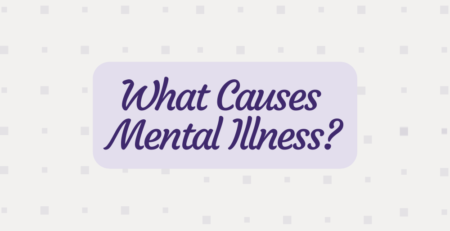What to Do When You Have Depression From Work
Your job may become a source of significant mental strain if your work is unfulfilling or makes you feel unappreciated. While everyone experiences occasional work stress, consistent distress might lead to more serious issues, including depression.
Work-induced depression can be debilitating, affecting your professional life and well-being. What are the signs of work depression and the steps you can take to address it?
Recognizing Work-Induced Depression
Depression triggered by work is not merely having an off day or a challenging week; it’s a constant feeling of despair that doesn’t improve. Here are some signs that your job might be causing depression.
- Persistent sadness and loss of motivation: You may become hopeless or lose interest in work activities you once found fulfilling.
- Decreased performance and motivation: Tasks you formerly handled easily might now feel overwhelming. Procrastination may increase as your motivation declines significantly.
- Lack of engagement: Even when you are physically present at work, you might find it hard to stay focused.
- Increased absenteeism: Using sick days because the thought of going to work feels unbearable can be a sign of severe stress or depression.
- Physical symptoms: Headaches, muscle pain, changes in appetite and sleep disturbances are common physical manifestations of depression.
Causes of Depression From Work
Several factors at work can contribute to the onset of depression.
- Toxic work environment: Constant negativity, lack of support, bullying or harassment can lead to chronic stress and emotional distress.
- Burnout: Feeling overworked and undervalued can cause job burnout, a condition characterized by exhaustion, cynicism and inefficacy.
- Lack of growth: Being stuck in a rut without opportunities for personal or professional development can create feelings of worthlessness, a hallmark of depression.
How to Overcome Depression
Seek help when your mental health starts interfering with your ability to perform your job, you find it challenging to cope with daily responsibilities or you notice a dramatic decline in your well-being.
- Communicate with your employer: Many jobs offer employee assistance programs that provide confidential counseling and support services. Being honest about your struggles can sometimes lead to stress-alleviating accommodations in your workload or environment.
- Set clear boundaries: Protect your time and mental health by creating firm boundaries between work and personal life. Schedule downtime to disconnect and relax.
- Seek professional help: A therapist can provide you with tailored strategies to manage your symptoms and cope with work stress effectively.
- Practice self-care: Engage in activities that boost your mood and health, such as regular exercise, a healthy diet and sufficient sleep. Use mindfulness practices like meditation to manage stress.
- Consider changes: Sometimes, the best solution may be to ask for different responsibilities or a transfer to stay within your current workplace or to start looking for a new job that aligns better with your mental health needs.
Find Freedom From Depression at Serene Behavioral Health
Depression can profoundly affect every aspect of your life, especially when it relates to your career. Recognizing the signs and proactively managing your mental health can help you regain control and restore your sense of well-being.
Serene Behavioral Health provides comprehensive care and expert guidance. Our multidisciplinary team creates tailored therapeutic interventions and four levels of care for each client to work through their conditions and start healing. If work is making you depressed, don’t wait to request help – early intervention can make a significant difference.
















